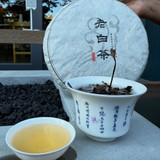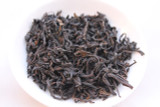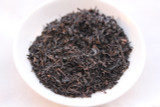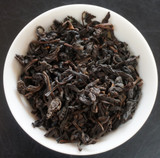
Aged Tea
Aged tea undergoes further oxidation after processing, earning the name “post-oxidized tea.” Over time, tea experiences a fascinating transformation. Unlike other products, tea doesn't spoil—it changes. When sipping aged tea, or "old tea" as it's known in Chinese, here are some insights to consider. As the saying goes, “Old people drink old tea,” but why? While fresh tea acts as a stimulant, aged tea is gentler on the body. With lower caffeine content, aged tea is less likely to over-stimulate both the mind and digestive system.
Aged tea also offers a window into the past. First, it captures the natural conditions of the time it was harvested, preserving the unique terroir—a French term that refers to the influence of the environment on flavor and aroma. A tea harvested 20 or 30 years ago allows you to taste the terroir of that era. Second, aged oolongs reflect the evolution of tea processing methods. By examining the leaf, you can trace the changes in tea equipment and techniques over time, making each sip of aged tea a historical journey.


Wu Yi Hong 2016 Spring

Three Cranes Liu Bao Cake 2005

1974 Wu Long

Aged Gui Hua 1982

Aged Bao Zhong 1989

Dong Ding 1985

Aged Beauty 1979

Tai Yi

Liu Bao 1998

